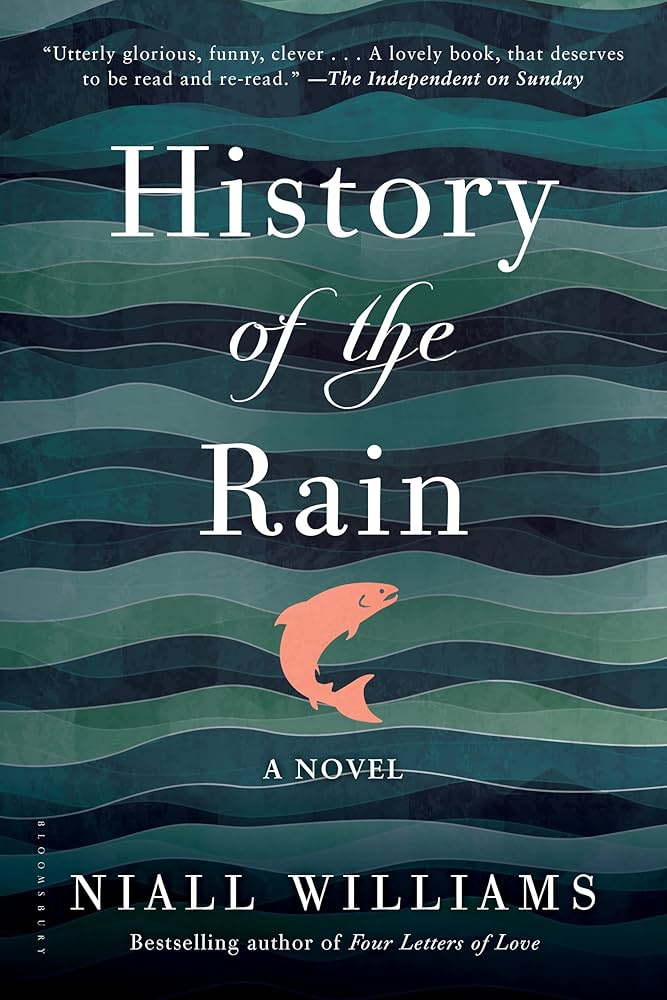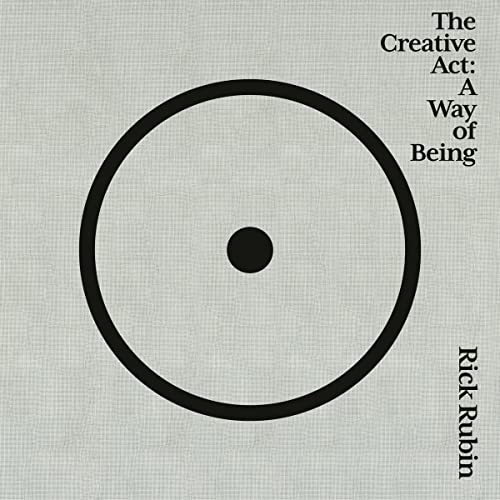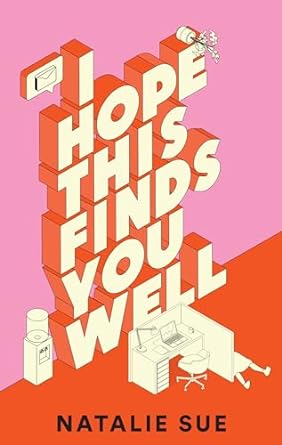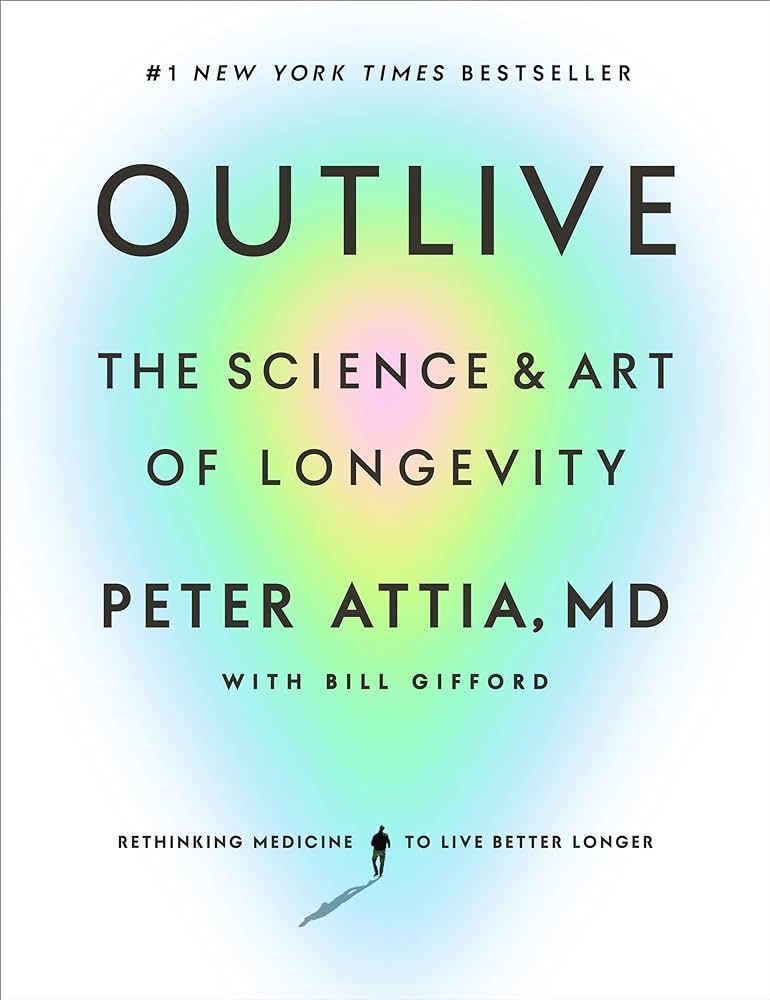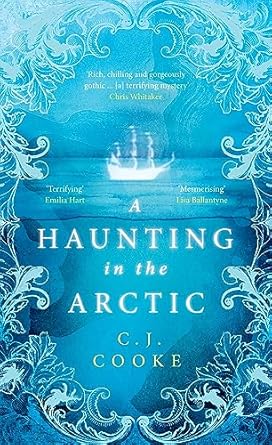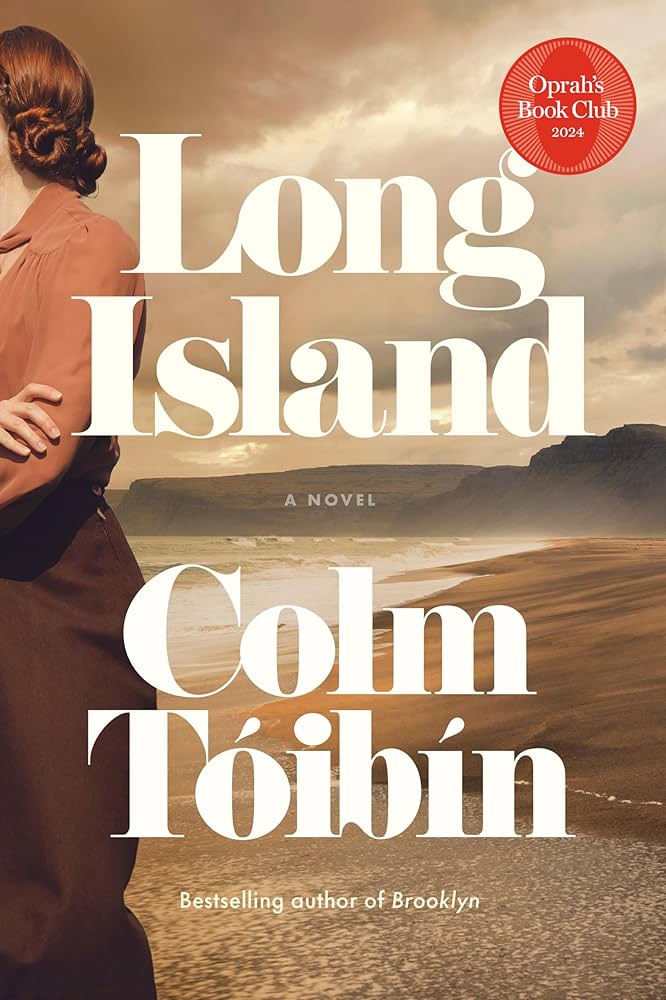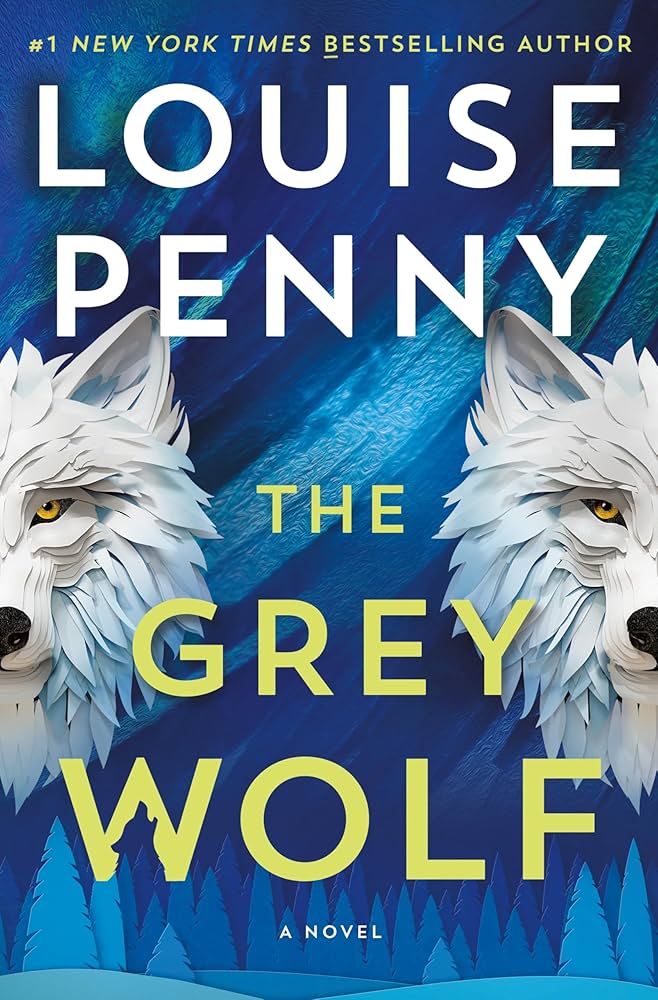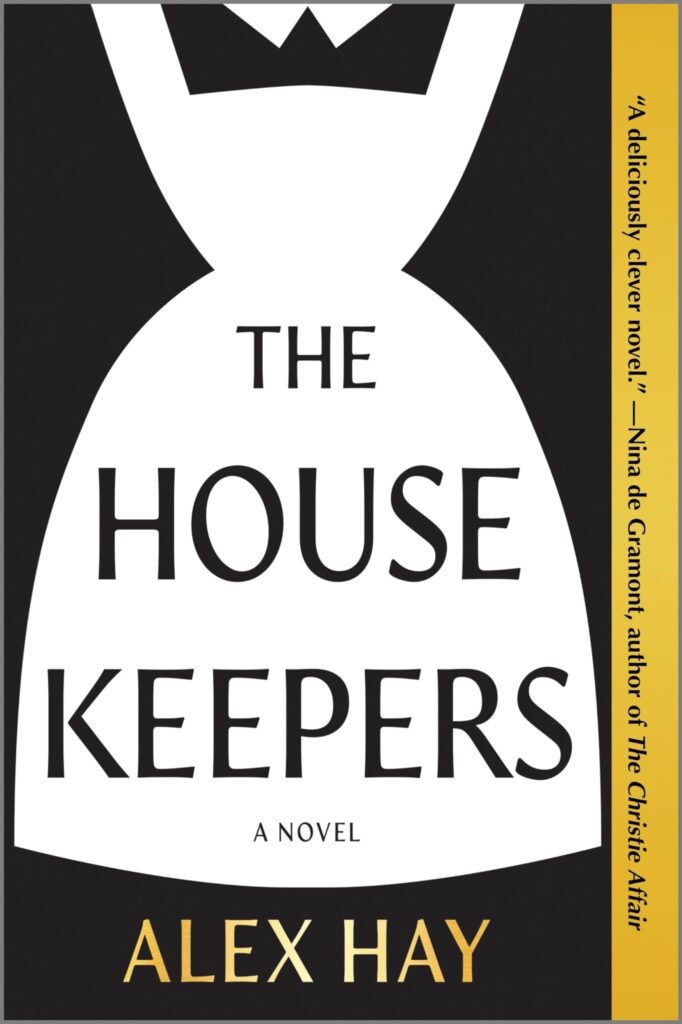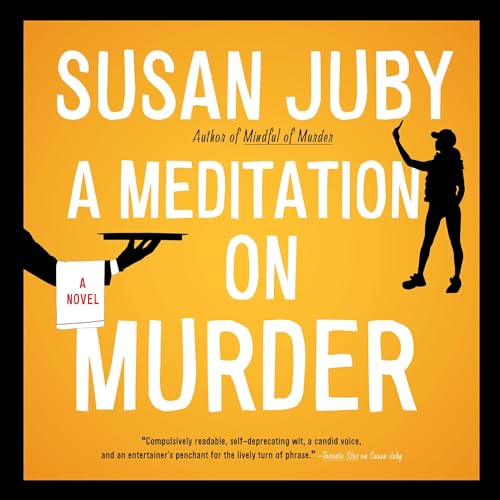
I read so many great books this year! Here are my favourites.
- Little Fires Everywhere by Celeste Ng: Teen drama and exploration of family dynamics, privilege, and the weight of secrets in a small, suburban community.
- Hell of a Book by Jason Mott: A surreal and poignant look at race, identity, and the power of storytelling (brilliant social commentary masked as a brilliant novel).
- Tomorrow, and Tomorrow, and Tomorrow by Gabrielle Zevin: Buddy novel about ambition and creativity through the lens of video game design.
- The Great Believers by Rebecca Makkai: A deeply moving story of friends surviving the AIDS crisis in 1980s Chicago and its rippling effects decades later.
- Prophet Song by Paul Lynch: A harrowing, dystopian novel about surviving society’s slide into authoritarianism.
- True Biz by Sara Novic: Cheeky and enlightening story about kids at a Deaf boarding school and the challenges they face from inside and outside the Deaf community.
- Maame by Jessica George: Charming and difficult story of a young second-generation English woman coming into her own while navigating the cultural expectations of Ghanaian parents, grief, and self-discovery.
- In Search of Perfumes by Dominique Roques: A fascinating journey around the world from a perfume-maker’s perspective.
- Wavewalker by Suzanne Heywood: A memoir set on the high seas, told by a reluctant sailor.
- Dune by Frank Herbert. An epic science fiction saga of power, politics, and ecology set on a desert planet. Totally engrossing.
- Mindful of Murder by Susan Juby: A delightful mystery featuring an unwitting Buddhist nun turned detective.
- Good Energy by Dr. Casey Means: A science-backed guide to cultivating vitality and emotional well-being in modern life.
- The Briar Club by Kate Quinn: A dramatic, historical fiction novel set in a boarding house during the McCarthy era.
- Long Island by Colm Toibin: A richly woven narrative about love, memory, and identity in small communities (well, at least within a large Italian family in America and a large Irish family in Ireland).
- The Housekeepers by Alex Hay: A clever and suspenseful heist novel where the help steal everything in a wealthy Edwardian household (or attempt to).
- The Secret Hours by Mick Herron: A gripping spy thriller that delves into Cold War secrets and modern-day espionage.
- I Hope This Finds You Well by Natalie Sue: Office politics writ large as an admin/accountant accidentally gains access to the entire company’s digital files, emails and private messages. Funny and heartbreaking.
Other 2024 Favourites
- LA: We did a family trip to LA for my son’s U11 hockey tournament on the Martin Luther King weekend. At Universal we did early entry to Marioland, which was super fun. And I got to introduce my son to the Wizarding World of Harry Potter. Then we explored Laguna Beach and Disneyland and Irving for the tournament, which the kids won.
- Orcas Island: To celebrate Canada Day and Independence Day, we went by boat to visit friends on Orcas Island. It was the first time we have crossed the border by boat. Quite the experience! And we had an amazing time with our excellent hosts.
- Pender and Salt Spring visits are always enjoyable and the ladies’ weekend on Pender was a blast.
- Quadra Island camping trip: The buddies are always game. And Isaac hosted an amazing lunch for 10 of us, plus 2 dogs.
Other notable activities
- Tyee dinner at Upstart & Crow. I had a wonderfully academic and engaging dinner discussing the nature of news media in Canada and the future of news with a diverse group of dinner guests.
- Julie visits are always nourishing and some of my best times. This year’s birthday included facials, the Culture Crawl and a Cultch performance, plus drinks at Havana.
- The Goomba II. We bought a ridged hull inflatable and figured out how to drive it.
- Pie Shoppe. I did an amazing pie making workshop with Stephanie and a restaurant group doing a team building exercise. It was hilarious and fun. My pie was delicious. And then in the fall the Pie Shoppe closed. Booooo. I miss their pizza pies the most.
- Claire Tansey taught Fin to cook. He regularly knocks out grill cheese, pasta alfredo, and a killer lemon cake.
- Jon Batiste was my only concert this year and he delivered.
- National Ballet School online classes have got me back on my toes. Literally.
- Ger & Karl visited from Ireland.
- Andrea introduced me to foot massages.
- Trevor continues to invite me for coffee chats that reignite my brain.
- Mike invited me to Pacific Future AI Film Festival and I was enamoured with Loretta Sarah Todd’s work. Her ethereal sea and forest creatures haunt my mind.
- Canucks. They lost but I had row 12 seats so it was super fun.
